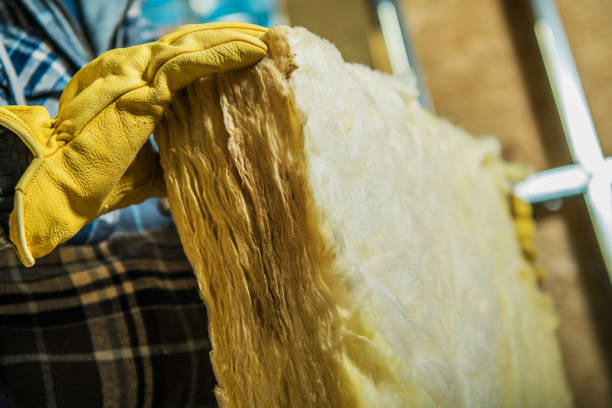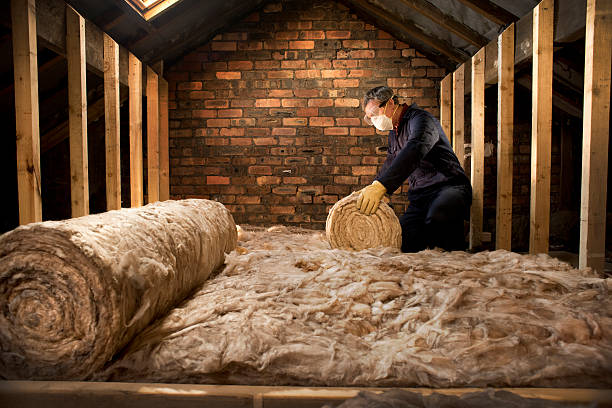Rock Wool Manufacturing Process: Understanding the Journey from Raw Materials to Insulation
Rock wool, a type of insulation material made from natural rocks and minerals, plays a crucial role in energy conservation, soundproofing, and fire safety. This article will guide you through the rock wool manufacturing process, explaining how it’s made, the materials involved, and the benefits it offers for both residential and commercial applications. By the end of this article, you'll have a clear understanding of how rock wool is produced and why it is considered an effective insulation solution.
What is Rock Wool?
The Key Raw Materials in Rock Wool Production

The Rock Wool Manufacturing Process

Benefits of Using Rock Wool Insulation
Conclusion
FAQs About Rock Wool Manufacturing Process
What kind of insulation is used in cars? | FUNAS Guide
What are the different types of insulation in construction? | FUNAS Guide
How can l make my car heat resistant? | FUNAS Guide
What type of insulation for exterior walls? | FUNAS Guide
How do l reduce the heat in my parked car? | FUNAS Guide
FAQ
Can your insulation products be customized?
Yes, we offer customized solutions for insulation material wholesale to meet the specifications of your project, including custom specifications, sizes, foils and adhesives, colors, etc.
How to start a consultation?
You can contact us through our website, phone, or email. We will arrange a professional staff to discuss your needs about best thermal insulator and how we can help you.
What types of rubber foam insulation do you offer?
We offer a wide range of rubber foam insulation with different thicknesses and specifications. Thermal insulation material manufacturer FUNAS sleeves and sheets are suitable for different application scenarios.
service
Can I request custom dimensions or properties for my insulation needs?
Yes, we specialize in custom solutions. Whether you need specific dimensions, thicknesses, densities, or additional coatings, we can work with you to manufacture insulation products tailored to your exact requirements of good materials for heat insulation.
What is your shipping and delivery process like?
We offer reliable logistics services for insulation material wholesale, both domestically and internationally. Our team ensures secure packaging, timely shipping, and real-time tracking so that your order reaches you in perfect condition and on schedule.
You might also like



This product has passed the national GB33372-2020 standard and GB18583-2008 standard. (The product is a yellow liquid.)
Anggu foam phenolic glue is a kind of glue with corrosion resistance, low odor, high strength and excellent brushing property. Can be sprayed for construction with fast surface drying speed, long bonding time, no chalking and convenient operation.

This product has passed the EU REACH non-toxic standard, ROHS non-toxic standard. (The product is black glue.)
Anggu 820glue is a low-odor, high-strength quick-drying glue; Fast drying speed, long bonding time, no powder, non-toxic.
Discover effective strategies for insulating new construction with our comprehensive guide by FUNAS. Learn key techniques and materials to enhance energy efficiency, reduce costs, and ensure comfort in your new building. Dive into expert insights on how to insulate new construction and make informed decisions that promote sustainability and durability. Elevate your construction projects with FUNAS.
Discover the future of energy efficiency with FUNAS's "Top Thermal Insulation Materials List for 2025." Our expertly curated list highlights innovative solutions perfect for your construction and renovation needs. Stay ahead of the curve with cutting-edge insulation technology designed for optimal thermal performance and sustainability. Trust FUNAS for advancements that redefine comfort and efficiency in every project.
Leave a message
Have any questions or concerns about our products? Please leave us a message here and our team will get back to you promptly.
Your queries, ideas, and collaboration opportunities are just a click away. Let’s start a conversation.


















































